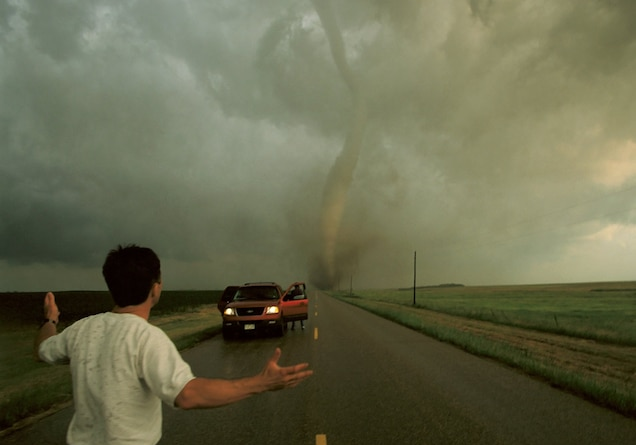Using AI and Data Analytics to Reduce the Risk of Climate Change on Fashion Supply Chains
Fashion’s supply chains are already feeling the effects of climate change. Unusually strong monsoon rains in Pakistan, drought in Texas, and other extreme weather events have caused a decline in the production of natural fibres like cotton, wool, and silk. This could lead to a humanitarian crisis for farmers who rely on cotton production for their livelihoods. To combat this, businesses must take action now to reduce the risk of climate change on their supply chains.
AI and data analytics can help fashion businesses identify and mitigate risks in their supply chains. By using predictive analytics, businesses can anticipate extreme weather events and plan accordingly. AI can also be used to monitor the production of natural fibres and detect any changes in the environment that could affect the quality of the fibres. Additionally, AI can be used to track the conditions of workers in the supply chain, ensuring they are receiving the necessary support and resources.
Climate change is a global issue that affects us all, and fashion businesses must take responsibility for their part in this crisis. By using AI and data analytics, businesses can reduce the risk of climate change on their supply chains and ensure that their workers are safe and supported.


This is a really interesting article. I’d love to know more about the AI and data analytics that businesses are using to reduce climate change risks. Do you have any more information about this?
I agree with this article. It’s great to see businesses taking action to reduce the risk of climate change. Can anyone recommend a company that is already using AI and data analytics in this way?
I agree with this article. It is important for businesses to take action to reduce the risk of climate change on their supply chains. Can anyone recommend a company that is already doing this?